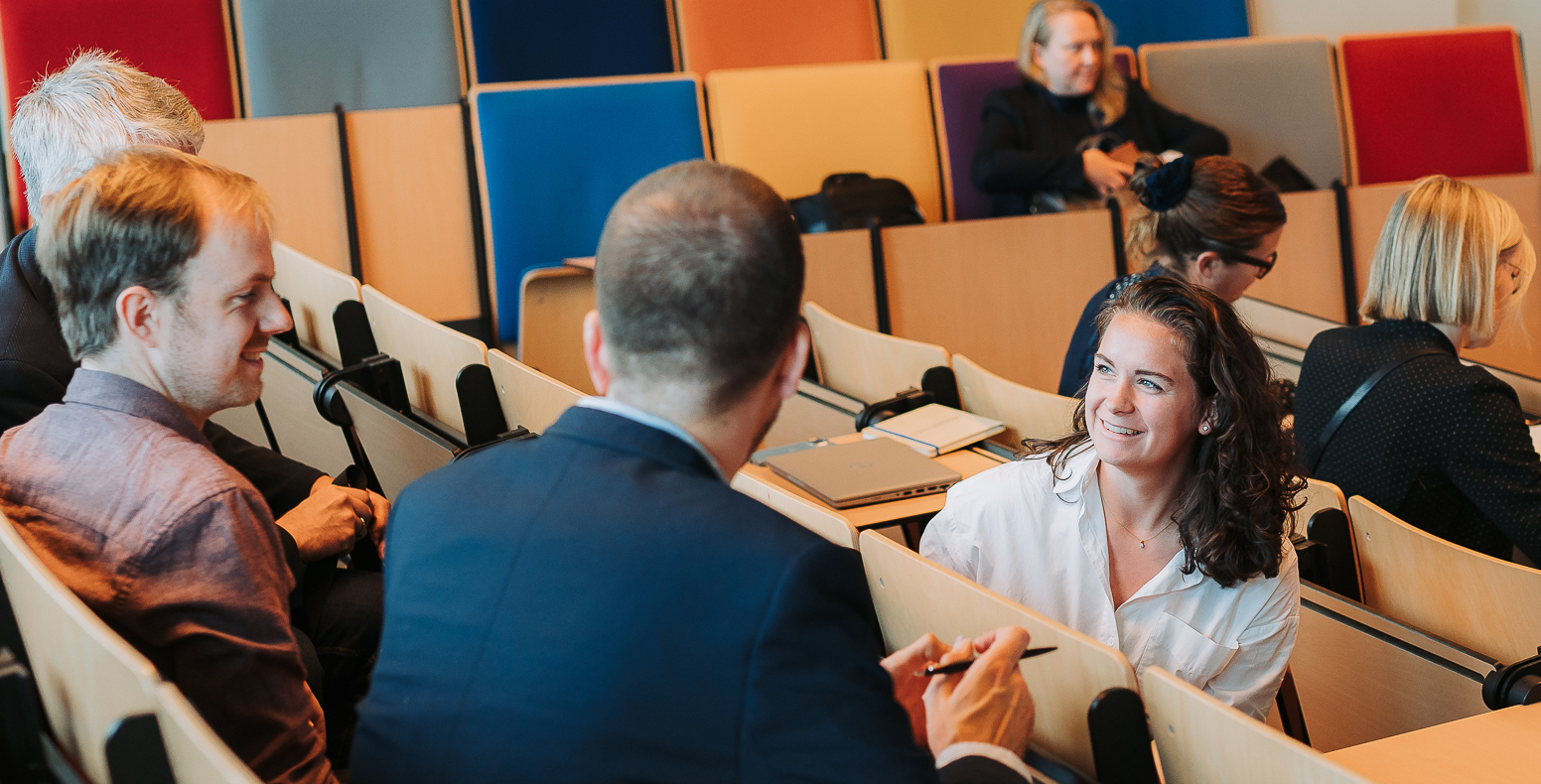The UNIC website uses cookies to improve your experience. Read our full Cookie Policy here.

UNIC4ER has contributed two case studies to this report, which aims at addressing the issue of Gender Equality in R&I via case studies taken from sixteen H2020 SwafS projects awarded to European University Alliances. The purpose is to share measures (already implemented or ongoing) at university or at Alliances levels to ensure the mainstreaming of Gender Equality in R&I long-term strategies. The case studies serve as good practices to inspire individual universities and Alliances to make continuous progress in this area. The deliverable first presents an overview of the participant universities and of the policy framework for Gender Equality within R&I institutions in particular and more globally within the European Union. UNIC4ER brought two insightful cases from Erasmus University Rotterdam and from the University of Deusto.

This joint deliverable aims at putting forward good practices on progress made in the implementation of R&I long-term strategies within pilot II Alliances via case studies provided by 20 H2020 SwafS projects awarded to European University Alliances. The case studies present different types of strategies and activities implemented in order to foster the development of the R&I dimension within Alliances.
UNIC4ER provided two case studies for this report, both meant to lower barriers to enter engaged research: the UNIC seed research fund for engaged researchers and the UNIC Virtual Campus. The seed fund provides small-scale support for engaged research collaboration and project development across all disciplines. The UNIC Virtual Campus is the research pillar developed to intended for the scientific research community. Building upon the network of the Seed fund researchers and on the overall network of the consortium the UNIC Virtual Campus research pillar is created to support easier connection between researchers trough browsing of publications, projects and other scientific works, while enter areas of interest for research and form joint research groups. Both initiatives represent pillars currently embedded in the new phase of UNIC.
